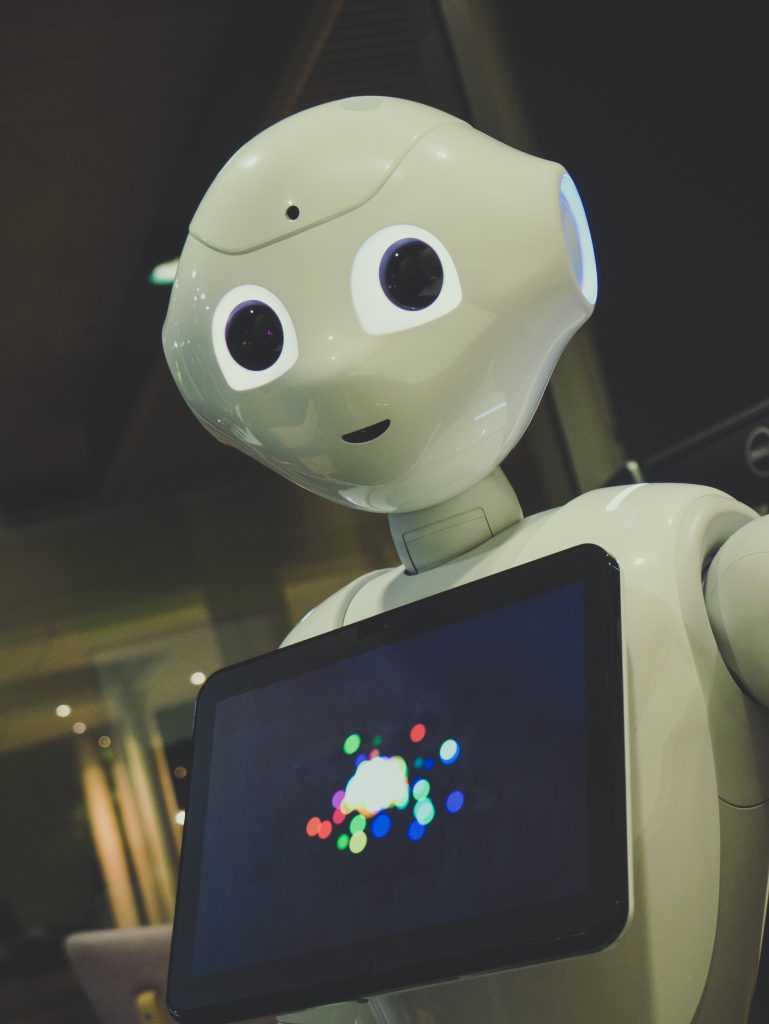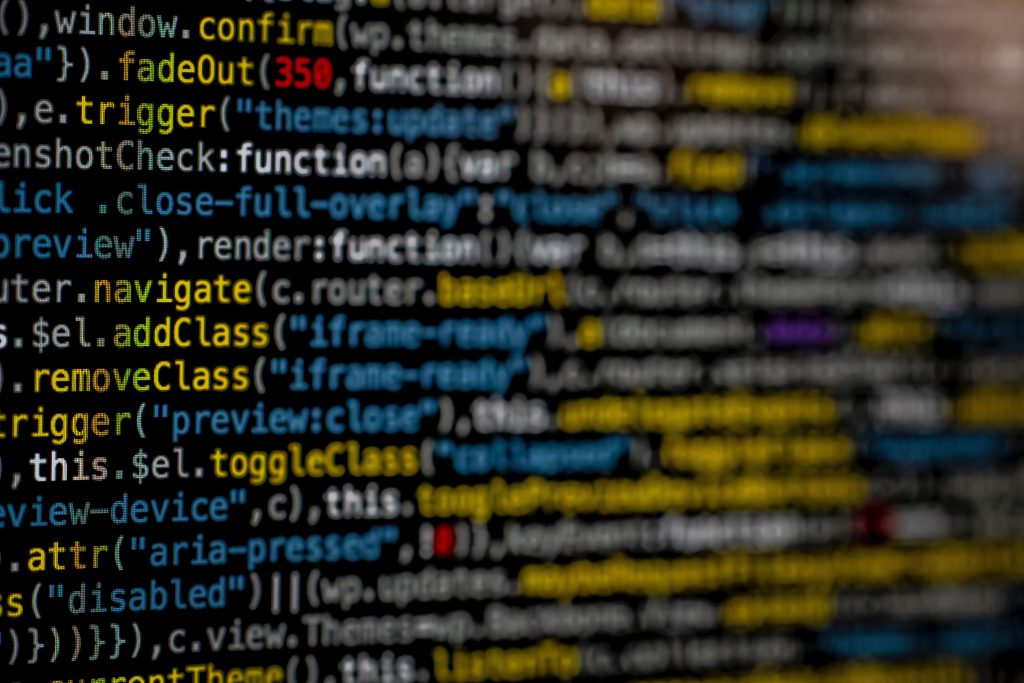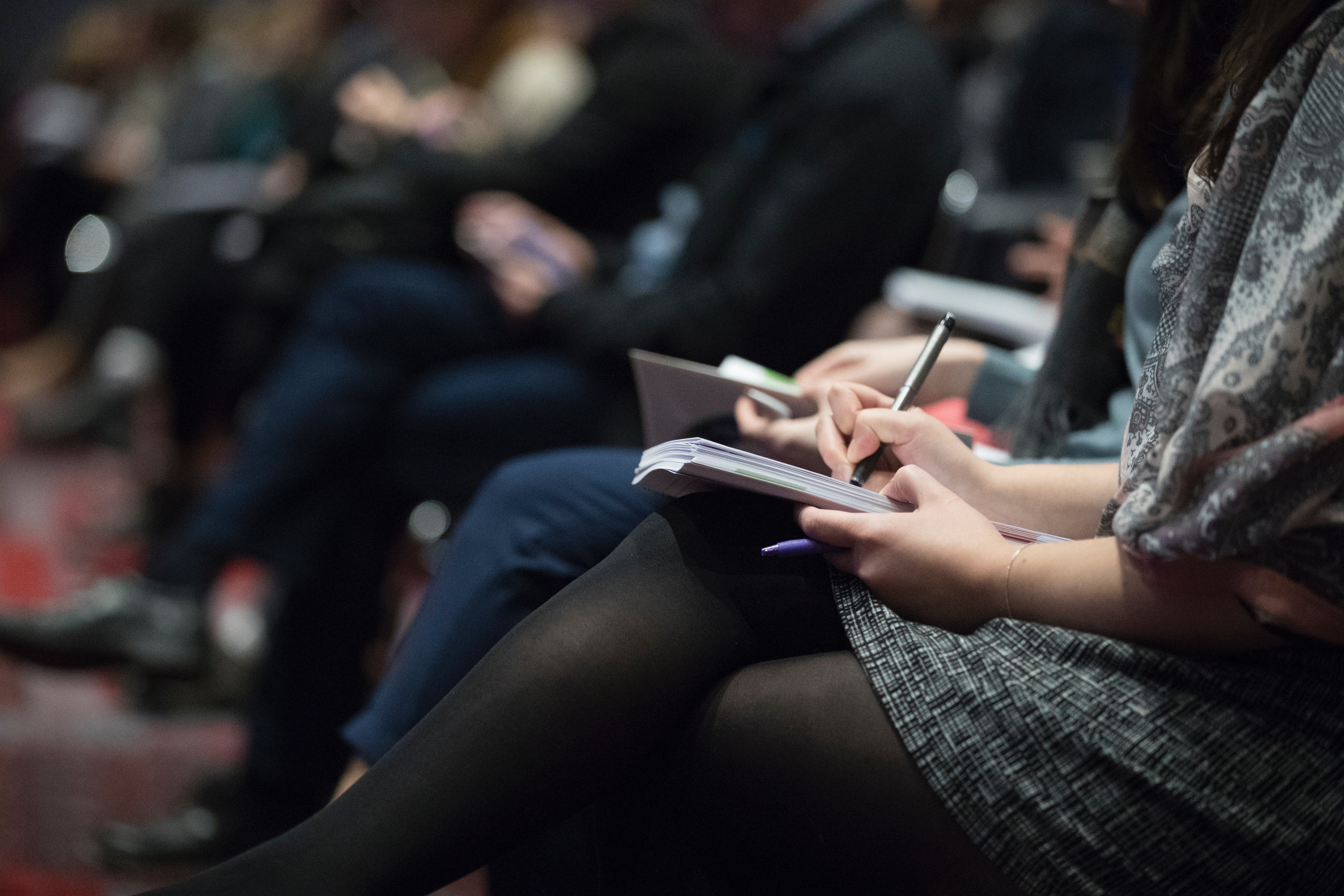SXSW, the annual pilgrimage of people across media, arts, gaming, tech and more, is a bit like Agency New Year. Lots of predictions are made, attendees make wonderful, non-binding resolutions for the year ahead (top of the list: Come back to SXSW next year), and among all the fantastic brand activations, movie premieres and industry mixers, some of the best and brightest share their insights into the direction platforms, audiences, technology and the world at large are taking notes.
It’s impossible to cover everything that happens at SXSW, so here’s a list of 18 takeaways from the festival from our advisor, the legendary John Batistich:
AI is the most important technology development of our lifetime, enabling systems to make autonomous decisions. AI monitors patterns in systems and human behaviour to create algorithms that provide solutions. We are in the transition generation where AI and automation will change the nature of work, play and the economy. The largest technology companies on the planet including Baidu, Tencent, Alibaba, Google, Apple, Amazon, Microsoft and Facebook have all positioned themselves as AI first companies attracting amongst the world’s best minds.
Healthcare will be the sector that will be most impacted by AI innovation. Apple and Google are investing to provide health and fitness services as well as brain research to enable faster and more accurate scanning, diagnosis and surgery whilst bio-metric tracking will predict medical requirements.

Retail is a sector undergoing significant shifts enabled by AI (this year 40% of e-commerce will be facilitated by AI) including consumer demand driven supply networks, replenishment, voice-based search, online chat bot based service, on-demand services, loyalty programs reviews and recommendations, and personalised communication. Expect customer journeys to shift with more time spent in discovery, less time at the search stage, payment becoming more seamless, faster fulfillment options as well as more personalised relationships.
China plans to be the global AI innovation centre by 2030. With 4.7M STEM graduates, 18K AI scientists, 50% of the world’s AI patents, 48% of the world’s AI related start-ups, 830M internet users, China is developing an ecosystem of government funding, little privacy regulation, education, talent development and commercial application on the world/s largest data sets. China is even building a new green field high tech new city near Beijing.
Financial technologies will include the underbanked, open banking, social payments, new forms for digital wallets, bio-metric authentication and personal data record system.
Payments will recede from the customer experience. Cash and traditional credit cards will decline whilst debit, new forms of digital account credit and social platform integration will rise making payments more seamless and contextual.
Chatbot adoption rises and augments to high functioning voice for everyday customer enquiries. Service people will be used for escalated, more serious issues where customers will vent their frustrations.
Voice is the dominant future user interface. In 2019, 40% of US households will own a smart speaker. 72% of smart speaker owners say that their devices are now a part of their daily routines. By 2020, people will use voice for half of all searches they perform. With 25% of smart speaker users having made a purchase by voice we will see a big change from loyalty directed from brands to their AI assistant giving rise to new competencies like conversational design and voice experience optimisation.

Smart Homes will make life easier and more efficient through integrated lighting, appliances and security.
Facebook will attempt to become Tencent WeChat, merging Facebook, Instagram and WhatsApp to a create super app for messaging, social, shopping, payments and banking. Messaging will continue to expand and evolve from text to rich media content.
Media will continue to undergo structural shifts through further consolidation, AI enabled fact checking battling fake news and the weaponisation of social media, more short form video, fewer Hollywood blockbusters in favour of streamed series, mixed reality gaming and sports, and new audience measures.
Regulators will turn to taxing top-line revenues for big Tech given their failure at taxing big tech profits. France and the rest of the EU will lead the way because Google has paid more fines to the EU than taxes. Regulatory and anti-trust policies will feature strongly in the 2020 US Presidential Elections with some candidates calling for a break-up of big tech to stimulate competition.
Privacy as we know it is over. Bio-metric scanning will learn, categorise, respond and report on us. Data governance and retention will continue to be inconsistent. China is tracking the behaviour and financial transactions of citizens to rank them on positive behaviours and even fining and direct debiting these fines through facial recognition.
Cyber security will become a key risk for all organisations. Expect more corporate and government attacks, sophisticated new tools, targeted IOT ransomware and forays into bio-metrics. It’s not a question of if but when. Creating a resilient organisation through senior ownership, auditing, defence, detection, security by design systems and employee behaviour controls are your best way of managing this existential threat.

Renewables are the future of an increasingly energy hungry connected IOT world. Climate change will need to transform from a political argument to an ethical and sustainable action. We have impacted the water cycles which is resulting in more extreme weather events. We will move from centralised fossil fuels sources to more distributed micro networks of renewables supported by more advanced battery cell storage.
Inequality will rise seeing a technology elite and those displaced by technology who lose their manufacturing jobs to robotics and service jobs to AI enabled service assistants.
Mental Health issues like the rise of anxiety, bullying and youth suicides are the unintended consequences to social media and will attract new restrictions and warnings of overuse (as per the abuse of alcohol and drugs). Our excessive use of screens is changing the way we think as we scan for entertaining stimulus rather than considering difficult problems or challenging content.
Relational Intelligence will matter more in an AI enabled world. We will need higher levels skills to engage, align and manage conflict given that breakdowns are a function of power and control and a lack of closeness, active listening, willingness for open debate and recognition.

John Batistich is one of Australia’s leading CMOs. While currently on The Conscience Organisation’s advisory board, he also helps head Zip Co, FoodCo and the Heart Research Institute. He’s brought home awards from Cannes and the Effies, and has a wealth of experience across companies like Westfield, Lion Nathan and PepsiCo.
LinkedIn: https://www.linkedin.com/in/john-batistich-1487622
Twitter: https://twitter.com/johnbatistich
